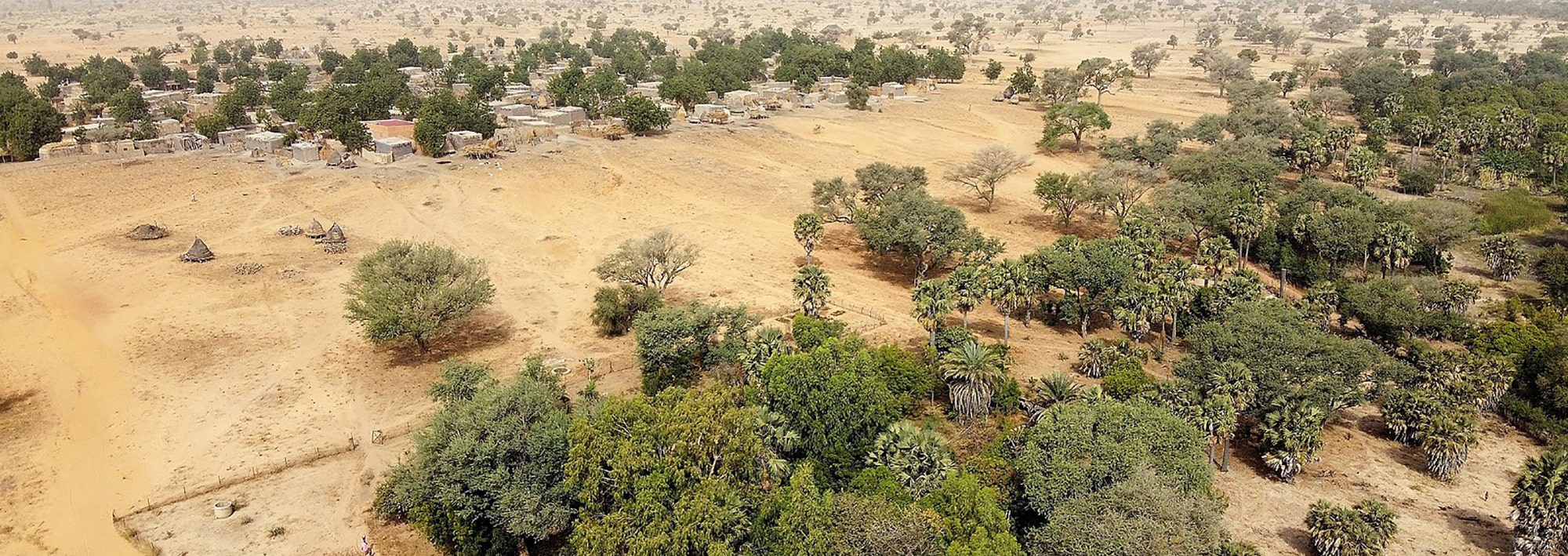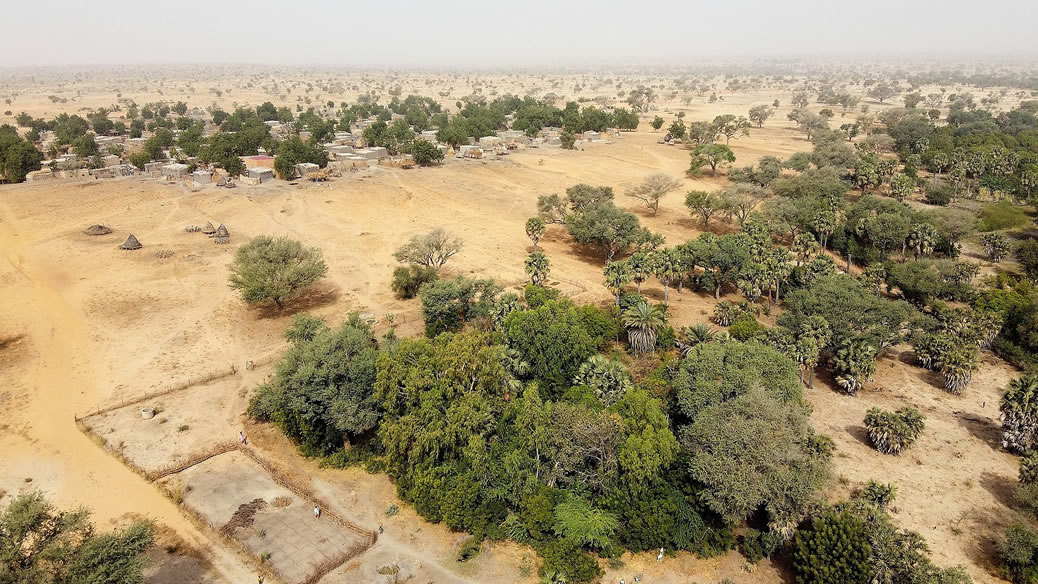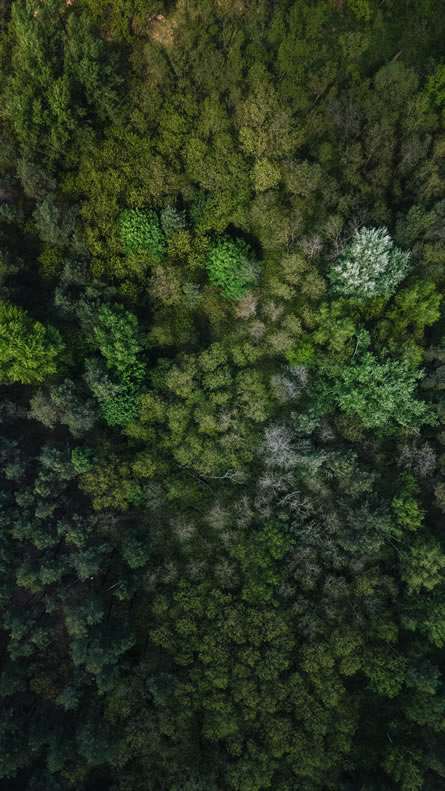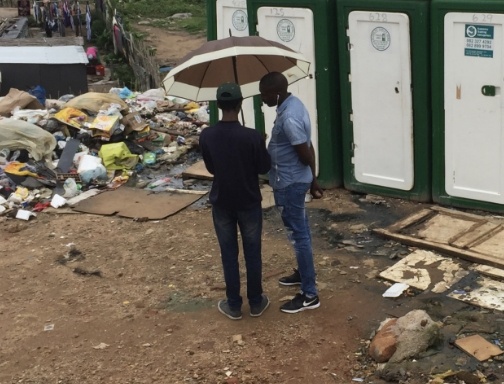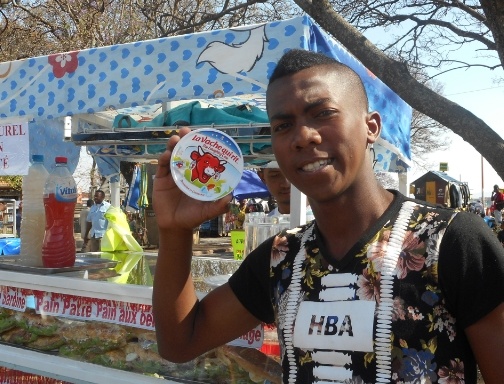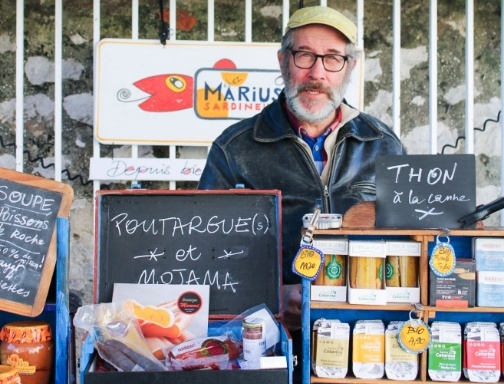In all, a database containing almost 2,000 items of information, the result of fieldwork carried out in 5 countries and orchestrated by our local expert partners, has been used, together with extensive computer modelling, to select priority sectors, particularly in the food and cosmetics markets.
- African baobab (adansonia digitata): fruit powder (superfood) and cosmetic oil from the seeds
- Moringa (moringa oleifera): leaf powder (superfood) and cosmetic oil from the seeds
- Desert date palm (balanites aegyptiaca): cosmetic oil
- Shea: butter from the seeds (cosmetics and food)
Secondly, Archipel&Co co-published with 1t.org a major report, released on September 2022, outlining a programme of strategic actions to mobilise and engage stakeholders at all levels.
Conducted with 10 NGOs (on good reforestation practices), 30 SMEs (on local production/distribution issues) and 30 major international companies (on export opportunities), the agenda sets out to support the cooperation of the various players via the 1t.org platform around large-scale public-private partnerships, with the help of an understanding of each player's offer and needs.
